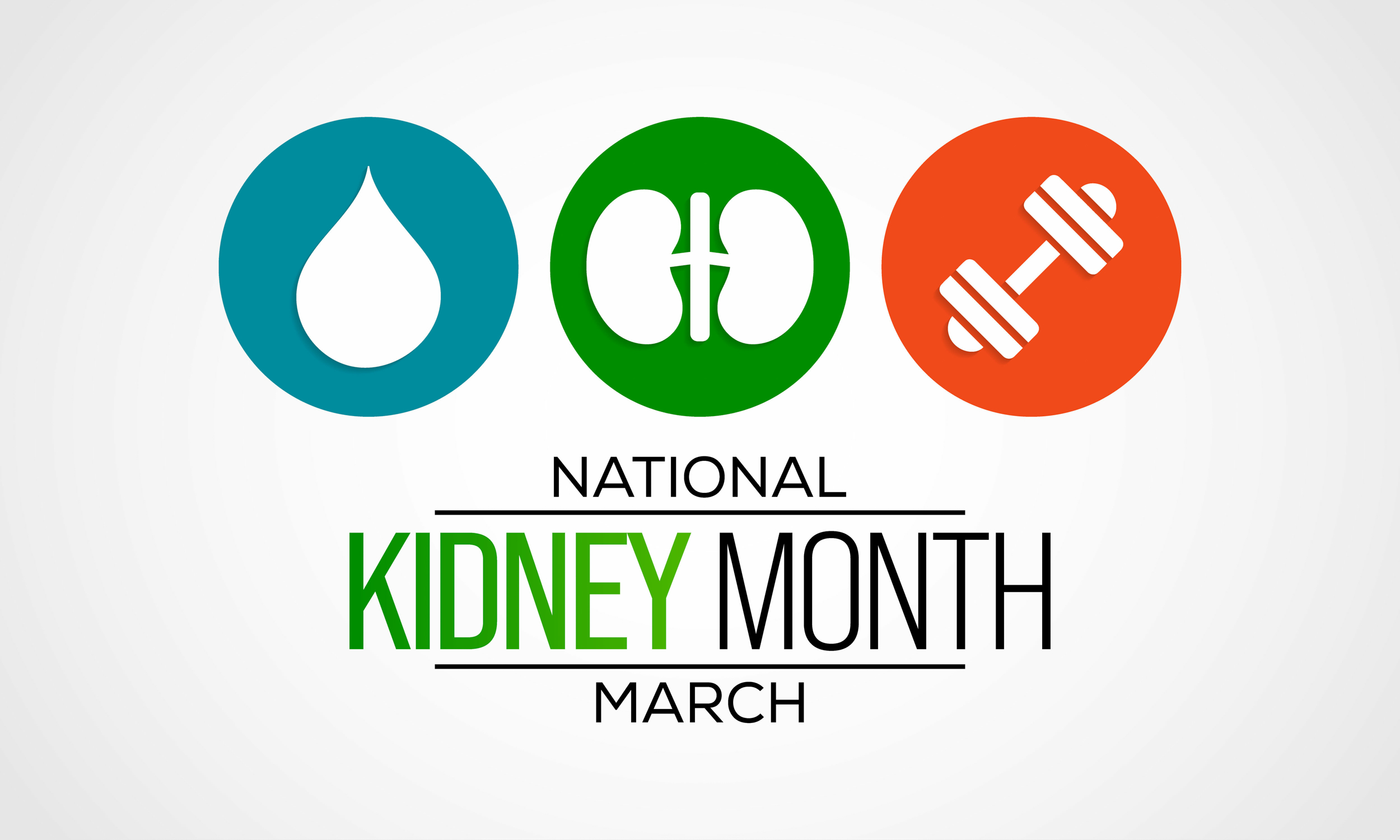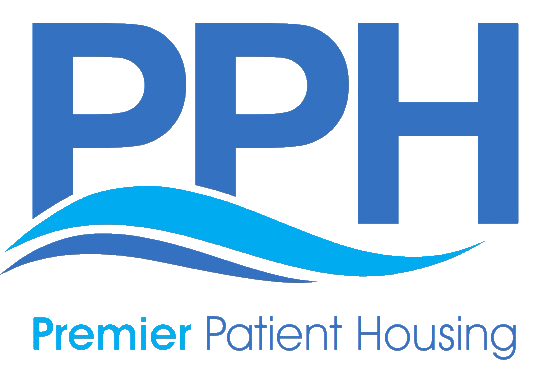National Kidney Awareness Month

March is National Kidney Awareness Month, and Premier Patient Housing would like to bring awareness to kidney health by encouraging all Americans to support kidney disease research and by being proactive in keeping their own kidneys healthy. Here are a few facts about kidneys can use significantly improve your kidney’s health and reduce your risk of disease or malfunction.
About Kidneys
If you didn’t already know, our kidneys are the organs that resemble beans that are located just below your rib cage and are part of your urinary tract. They have the responsibility to filter blood and produce red blood cells that carry oxygen through your body. A healthy kidney filters half a cup of blood every minute. Your kidneys also help maintain a healthy balance of water, salts, and minerals in your body, such as sodium, calcium, phosphorus, and potassium, by removing acid that is produced by the cells of your body.
Kidney Disease and Malfunctions
In America, over 40 million adults are affected by kidney disease which makes kidney awareness so important. Of these Americans, many are at higher risks of contracting a kidney disease due to underlying issues like high blood pressure or diabetes. Kidney disease, such as chronic kidney disease, is a condition in which kidneys cannot filter correctly. In response to not being able to filter, waste products or excess fluid can remain in your body and cause health problems. Unfortunately, kidney disease is a very silent condition. Often, you will have little to no warning that something is wrong until something is wrong, including kidney failure. Your kidneys can also develop infections or painful kidney stones due to a kidney malfunction. If left untreated, some Americans can require a transplant.
 Prevention
Prevention
It is vital to keep your kidneys healthy by making kidney awareness a priority. The National Kidney Foundation recommends being proactive about your kidney’s health by managing high blood pressure and reducing stress. To further protect your kidneys, here are a few tips:
Annual Check-up. See your doctor at least once a year for a complete physical of your body. Ask your doctor to run ACR urine tests or GFR blood tests annually if you may have a history of underlying diseases such as diabetes or high blood pressure.
Reduce NSAIDs. Medications (NSAIDS) that can help with pain can be very harmful to kidneys. It is imperative to reduce your over-the-counter drugs’ intake due to their harmful effects on the kidneys.
Eat and Drink Healthy. Limit your processed food, alcohol, and salt intake to ensure your body receives the proper nutrients to run. This includes drinking at least eight glasses of water a day to help stay hydrated.
Work out! Exercise at least 30 minutes a day; your body, especially kidneys, loves it. Being active can help control underlying diseases like diabetes and high blood pressure that can directly impact your kidneys.
Taking these measures can drastically not only help your kidneys but maintain your body’s health.
 Lastly, Kidney disease cannot be cured but can be prevented. Remember to reach out to a medical professional with any questions you may have about your kidney health. Early detection is always critical when maintaining a healthy lifestyle. If you feel that your kidneys may be at risk due to your lifestyle, seek medical help as soon as possible.
Lastly, Kidney disease cannot be cured but can be prevented. Remember to reach out to a medical professional with any questions you may have about your kidney health. Early detection is always critical when maintaining a healthy lifestyle. If you feel that your kidneys may be at risk due to your lifestyle, seek medical help as soon as possible.


